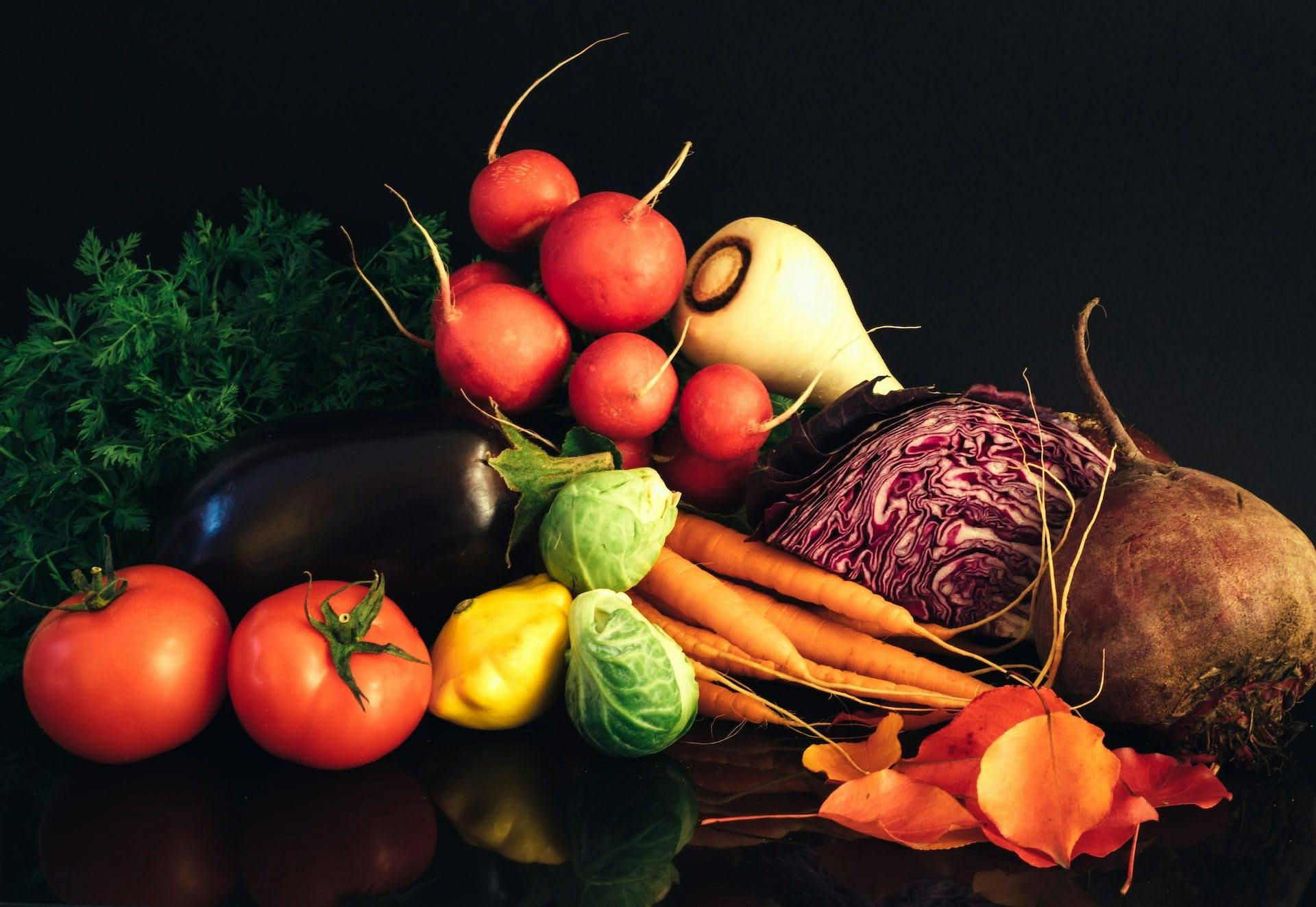We’ve all been there: you start to feel more tired than usual, with chills, fever, and maybe a sore throat. Sickness triggers a number of unpleasant physiological responses in your body, but did you know that it also causes a temporary spike in blood glucose levels? Don’t worry — it’s completely normal, and actually an important part of how your body overcomes illness.
Why illness or infection increases blood glucose levels
There are many reasons why blood sugar could be elevated: high glycemic foods, eating late at night, dehydration, and insulin resistance. Beyond these familiar causes, why would blood sugar be elevated when you’re sick?
High blood sugar during illness is a sign that your body is under stress — the name for this is stress hyperglycemia. Stressors like fever, infection, and injury trigger a highly complex interplay between the nervous system, adrenal glands, and pituitary gland, which increases certain hormones in the body [1]. These increased levels of hormones can have a number of effects on your blood glucose levels.
Some hormones, including glucagon, epinephrine, and norepinephrine, increase glucose production in the liver, resulting in elevated levels of glucose in your blood. Other hormones — such as growth hormone and glucocorticoids — also contribute to decreased insulin sensitivity, especially in the muscles.
The body also recruits the immune system to fight illness. To do so, it produces more cytokines, small proteins that signal the immune system to act. However, cytokines can make the body unable to utilize insulin properly (i.e., they promote insulin resistance). As a result of these shifts, your skeletal muscles and liver, the two major users of glucose in your body, can’t use up all the extra glucose circulating in the bloodstream, leading to higher-than-usual levels.
Resting is crucial when you’re sick, but we also know that inactivity, even if short-term, is linked to insulin resistance. Bed rest — during which your muscles use less glucose, even when you are not sick — also contributes to blood glucose elevation. A study found that 6 days of strict bed rest in healthy volunteers caused their blood glucose to rise [3]. When you add bed rest on top of your body’s normal stress responses during sickness, it makes sense why your your blood glucose levels are higher than usual.
Managing blood sugar levels when you're sick
While an elevation in blood glucose is normal when you become ill, it’s better to keep your blood glucose in range, right?
Not necessarily. A mild increase in blood glucose during sickness (140-220 mg/dL) is actually protective in the setting of an Intensive Care Unit (ICU), unlike the chronic elevation of blood sugar among people with diabetes [4].
And while it may not be as extreme when you’re home sick with a cold, there’s research to suggest that this increase in blood glucose actually has a protective effect — scientists have found that it provides fuel for the immune system and brain, allowing you to better fight off illness [5].
Because sickness can reduce blood flow, more glucose in the blood means that your cells, especially brain cells, are better able to pick up glucose.
On top of that, macrophages and neutrophils, the immune system’s fighters against infection, primarily use glucose as energy, so elevated blood glucose provides abundant fuel to optimize their function. While it’s okay to try to balance your blood sugar if you’re dealing with a simple cold, studies have found that attempts to normalize blood sugar or even moderately low blood sugar levels in critically ill patients are associated with harmful outcomes [6, 7].
That said, severe stress hyperglycemia (>220 mg/dL) may also be harmful, although it is more likely to occur in people with poor blood glucose control [8]. Contact your doctor if this occurs.
How to take care of your body while sick
While it’s better to let the body do its work in fighting infections, we can still take care of ourselves to aid recovery. We get it — self-care while feeling lousy is hard, so do your best with some of these simple tips to manage blood sugar while sick:
1. Drink enough water
Make sure to drink water or other calorie-free liquids — at least 1 cup, or 8 ounces every hour to prevent dehydration [9]. Your body loses more water when you have a fever or diarrhea. In addition, research has shown that inadequate water intake is associated with non-diabetic hyperglycemia [10].
2. Keep a regular eating schedule
Try to eat as you normally would: eating meals at your usual mealtimes, or small and frequent meals and snacks if you have no appetite. Eating only one meal at night could elevate blood sugar levels even more [11]. Try nibbling on some easy-to-eat snacks with protein and fats, such as fruits, nuts, milk, or yogurt.
3. Eat healthy, glucose-balancing foods
Try to include healthy, high-fiber foods and eat as you normally would to keep blood sugar balanced. Foods like beans, dark green leafy vegetables, citrus fruits, berries, tomatoes, fish high in omega-3, fatty acids, nuts, whole grains, milk, and yogurt are great blood-sugar balancing options. If you don’t have much of an appetite or have a stomach bug, try small portions of blander foods, like wheat toast, vegetable soup, or broth. In general, foods rich in vitamins, minerals, antioxidants, and fiber are good for metabolic health.
4. Get quality sleep
Sleep has a significant relationship with your metabolic health markers, such as glucose and insulin. One study found that two nights of partial sleep deprivation was associated with impaired glucose tolerance [12]. While sickness might disrupt your sleep, simple tips such as avoiding high-carb foods and getting some sun exposure first thing in the morning may help improve sleep quality.
References:
- https://pubmed.ncbi.nlm.nih.gov/11219223/
- https://www.jci.org/articles/view/111650
- https://www.sciencedirect.com/science/article/abs/pii/0026049588900182
- https://pubmed.ncbi.nlm.nih.gov/20727232
- https://pubmed.ncbi.nlm.nih.gov/23470218/
- https://pubmed.ncbi.nlm.nih.gov/18936695
- https://pubmed.ncbi.nlm.nih.gov/23062226
- https://pubmed.ncbi.nlm.nih.gov/22863217
- https://www.cdc.gov/diabetes/managing/flu-sick-days.html
- https://pubmed.ncbi.nlm.nih.gov/28739050/
- https://diabetesjournals.org/diabetes/article/33/12/1150/5765/Demonstration-of-a-Dawn-Phenomenon-in-Normal-Human
- https://pubmed.ncbi.nlm.nih.gov/16227462/


